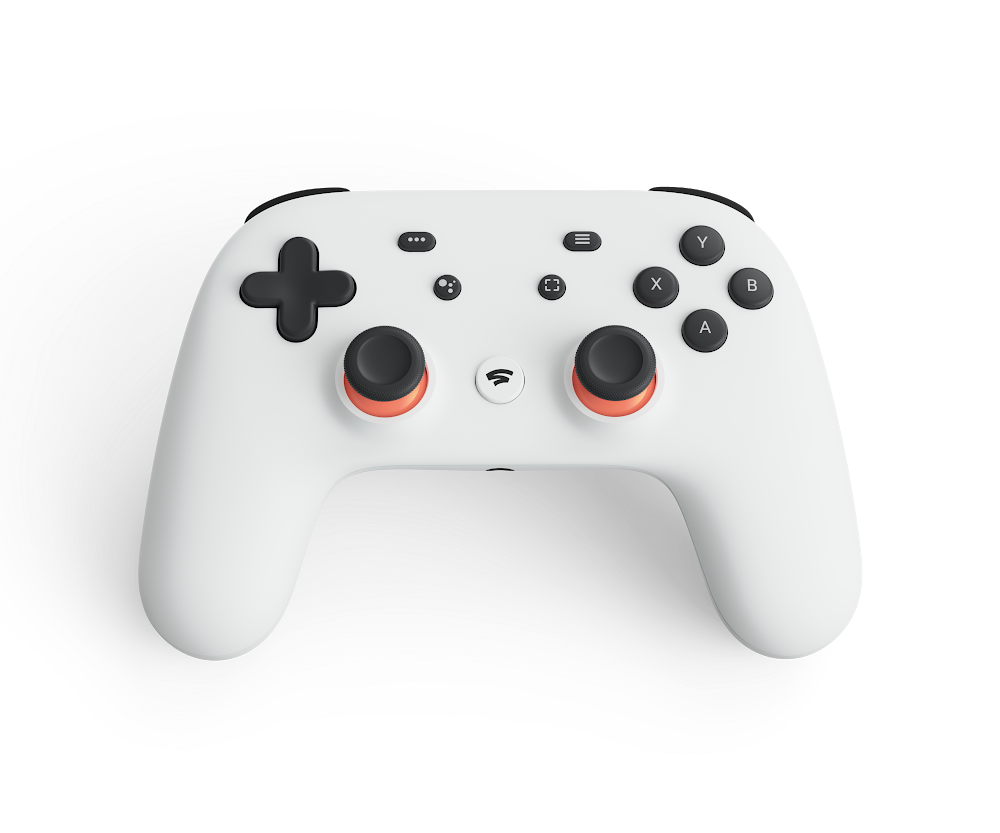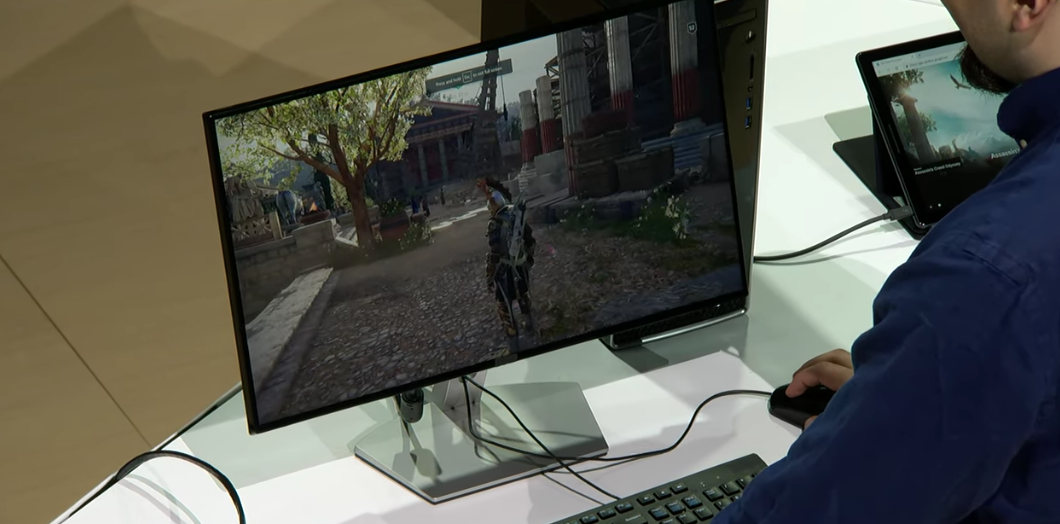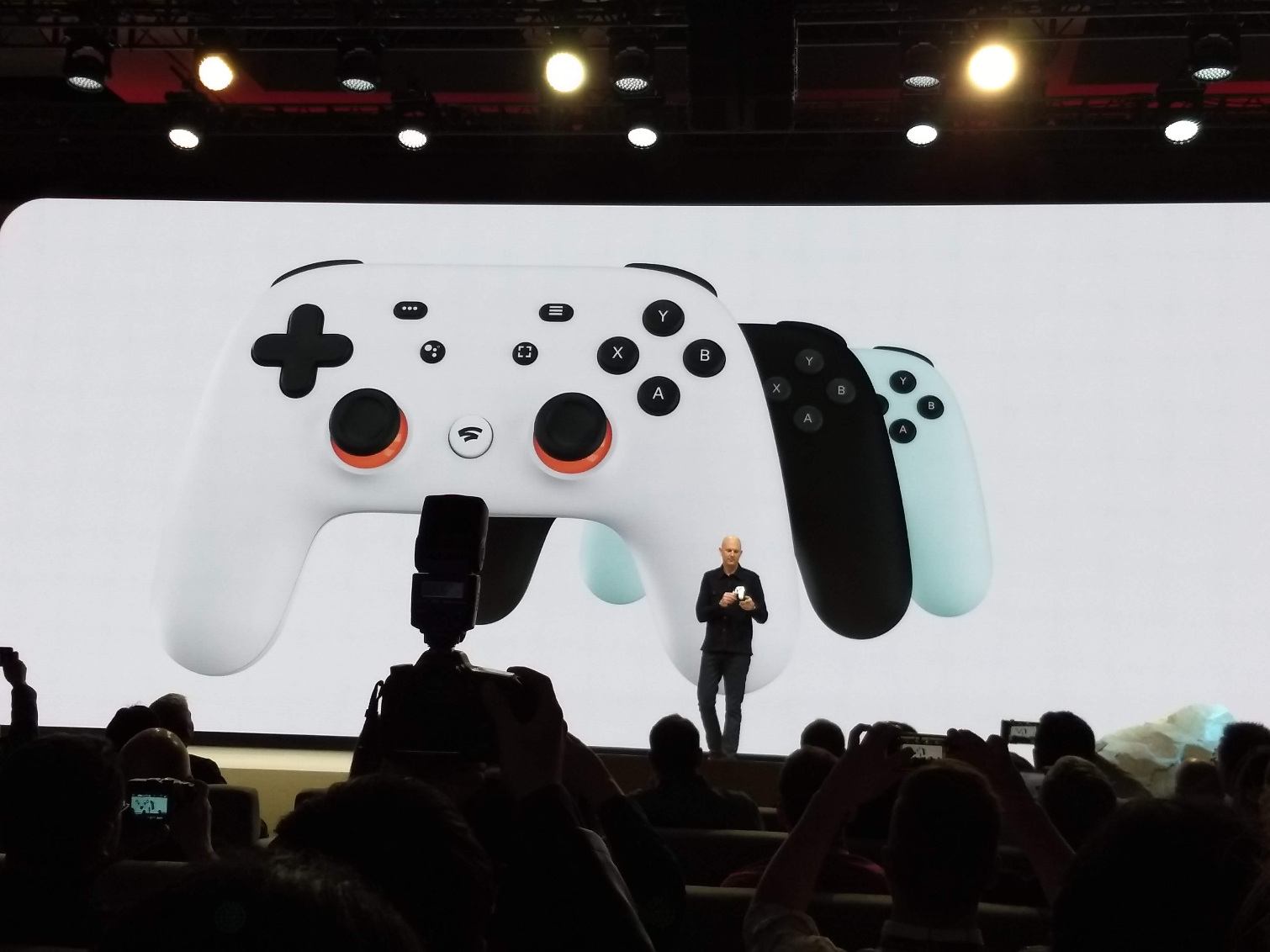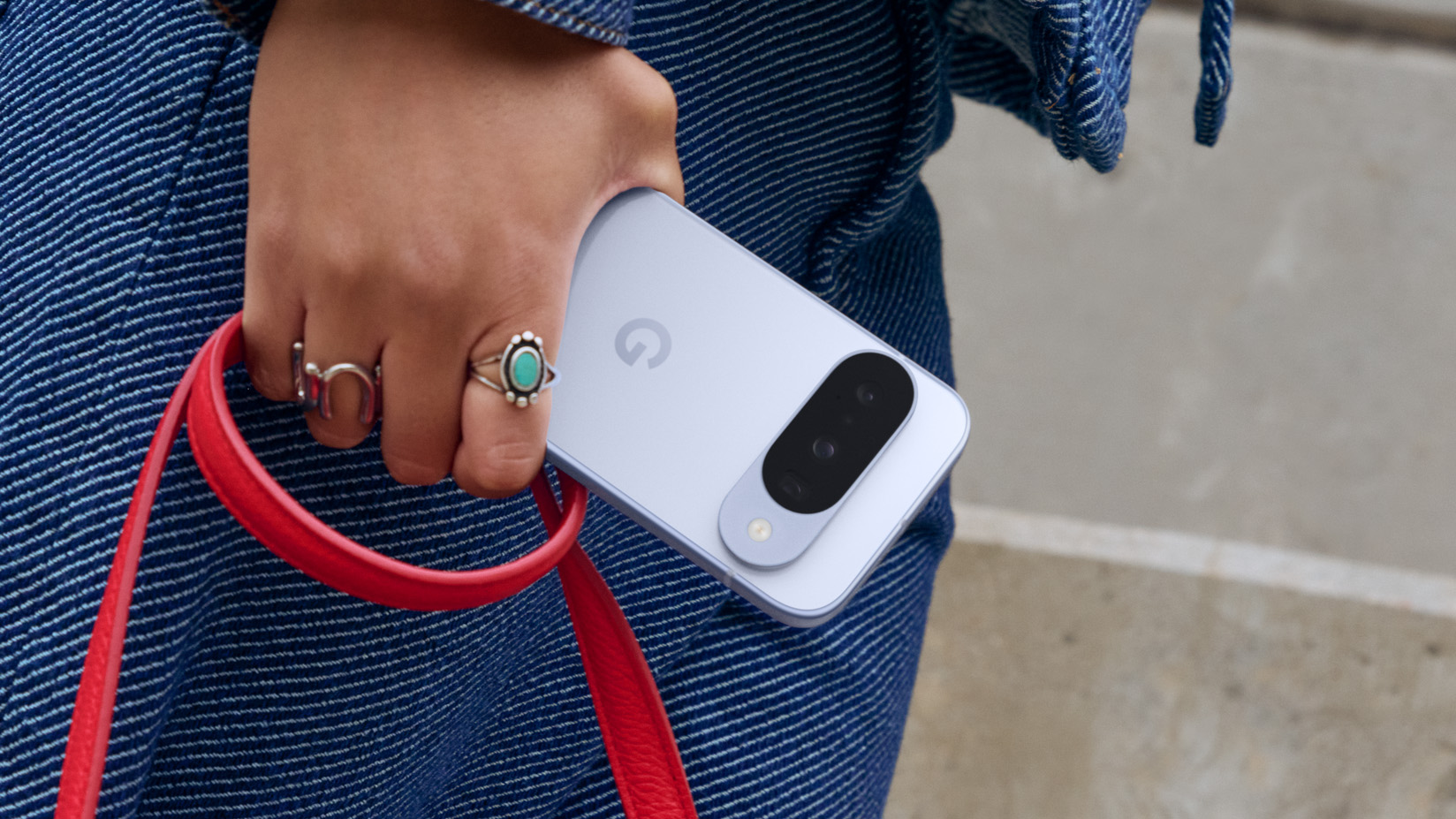Google Stadia Hands-On Roundup: Will Google Really Kill The Console?
Here’s what the critics have to say so far about Google’s cloud game streaming platform.
After months of rumors about what we thought was a project called ‘Google Yeti’, Google's game-streaming platform, Stadia, was revealed to the world at GDC 2019. But what’s been the verdict so far?
Here’s what the experts have to say about their first impressions of Google Stadia, including the physical controller made by Google, and their experiences playing Assassin’s Creed Odyssey and Doom (2016).

Tom’s Guide
Tom’s Guide’s own Marshall Honorof and Michael Andronico both wrote about Stadia.
Andronico was able to get some hands-on time with the Stadia, and was positive about what he experienced:
“The service seems like it has extraordinary potential to bring AAA games to any device, and the interactivity it allows between gamers and streamers could be an absolute game changer.“
“I got my hands on Stadia running Assassin's Creed Odyssey on a Google Pixelbook here at GDC, and the experience of climbing and slicing my way through ancient Greece felt largely as responsive as it would on a console.”
“However, we still don't know much about Stadia's game lineup, which could be the defining factor in getting folks to ditch their consoles for the cloud.”
Honorof had some nice things to say too, but was a little more skeptical. He wonders how his three concerns with Stadia - its cost, game library and availability around the world - could be addressed by Google by the time of its release.
“[Assassin’s Creed Odyssey, Doom Eternal, and NBA 2K] is a good starting lineup… But it’s not exactly wowing us with titles we’ve never seen before.”
“Stadia works with the systems and controllers that players already own, so they won’t have to buy any new hardware once the platform launches. That’s already a big advantage over traditional console and PC structures.”
“If Google Stadia really wants to be gaming’s great equalizer, one of its most forward-thinking moves would be to make AAA gaming available to everyone, not just a handful of wealthy regions.”
Android Central
Russell Holly liked what he saw of Stadia, but was left with too many questions to endorse the service wholeheartedly.
“The good news is there's a fair bit of time between now and 'summer' for Stadia to answer these questions. But in delaying, the competition is going to be making its own announcements.”
“Through all of the confusion and anticipation, there's a lot of promise here.“
“It's more than enough to leave me curious to take a deeper dive into this platform, but whether this is really the future of 'gaming for all' is an open question.”
“This all sounds awesome, but very little of it is available to actually test right now.”
GamesRadar
Lucas Sullivan’s take for GamesRadar was very positive, praising how well the streaming functioned. However, he still concluded that Stadia won’t work for every kind of game, since even small increases in response times can ruin certain multiplayer titles.
“Once you've experienced Stadia's smoothness for yourself, it's hard to argue with the results.”
“I still believe there will be some limitations to what Google's Stadia and cloud gaming in general can accomplish. For instance, I can't imagine fighting games ever soaring on the service.”
“If you like the idea of playing blockbuster games without the need for an expensive console or PC - not to mention its many additional features like shared states - the future made possible by Stadia is looking very bright indeed.”
“After trying out Stadia at the Game Developers Conference 2019 shortly after its big reveal, I'm stunned by how normal everything felt while playing games streaming in via the cloud.”

The Verge
Nick Statt concentrated on Google’s proprietary controller for the Stadia, which he managed to get access to. He, like the other journalists who got a look at the controller, wasn’t able to play a game with it, but still had thoughts on the construction and ideas behind it.
“It doesn’t seem like Google skimped on this controller, which is a good sign for those who were worried it would be a cheaper, lower-quality gamepad compared with the devices that ship with Microsoft and Sony consoles.”
“And if you don’t want to use this controller, you won’t have to… the service will support other gamepads, too. It sounds like the Google Assistant integration may be the only thing you’ll miss.”
MORE: New AirPods Get Longer Battery Life, ‘Hey Siri’ Support and Wireless Charging Case
TechRadar
Nick Pino checked out the controller, and had a mixed response to it. However, he trusts that Google’s capabilities as a company will make it work in the end, thanks to its integration with other Google products.
“It has this almost space-age look to it that some will love for its simplicity and others will decry as uncomfortable, awkward-looking and cheap.”
“For now we can assume that the controller and the service itself will have a close tie to YouTube Gaming and while we're not 100% clear on what form that will take, it seems like the Controller is the device that will be crucial to closing the gap.”
“Some will love it for its integration of Google Assistant and direct access to YouTube. Others will likely label its flat, space-age design as out-of-touch and awkward… But hey, if anyone can take a good hardware design and re-purpose it, it's Google.”
Business Insider
Matt Weinberger echoes the common concerns about how few confirmed details there are about how Stadia will work when it reaches users and real-life connectivity situations, but still liked what he saw.
“[Assassin’s Creed Odyssey] played well, and the graphics looked very nice, but once you notice the little bit of input lag, it's hard to un-notice it.”
“The problem is that it's hard to tell, in a short demo like this, how Stadia would work in situations with poor or unreliable internet connections, if at all.”
“There's still a lot we don't know, but the foundation of Stadia seems solid enough that I'm looking forward to seeing what Google comes up with next.”
“Happily, I found that "Assassin's Creed Odyssey" ran smoothly enough to be playable, while still maintaining exquisite graphics and a high frame rate ... At the same time, though, there was a little bit of latency (or, at least, I felt like there was; I didn't have a way to accurately measure).”

Eurogamer
Richard Leadbetter, writing for Eurogamer’s tech analysis arm Digital Foundry, took a meticulous approach to recording latency and quality of the streaming experience. The more specific problems are noted in his article, but his overall impressions are that Stadia performs well.
“Having used the controller, I'd say that what it lacks in distinctive looks, it makes up for in terms of response. The feel of the controller, right down to the plastics, is quite Xbox-like and if you're used to that pad, you'll easily be at home with this one.”
“AC Odyssey on Stadia feels very close to a local experience.”
“By and large, the [image] quality delivered seems to be the same - with perhaps some small improvements in more taxing scenes. Assassin's Creed Odyssey looks fine overall and the hit to quality doesn't unduly impact the experience.”
GameSpot
Michael Higham had a good time with Stadia going by his piece for GameSpot, but as you’ll read below, he had one major problem with his experience.
“If Google can improve key aspects, namely the apparent issues with input lag, Stadia would be a serious competitor in the gaming landscape. Otherwise, there may be limitations as to which games would work best on this new platform. Regardless, the accessibility that Google will offer is unprecedented. While cloud gaming itself is not new, the combination of accessibility and convenience could help this service to establish a foothold.”
Get instant access to breaking news, the hottest reviews, great deals and helpful tips.

Richard is based in London, covering news, reviews and how-tos for phones, tablets, gaming, and whatever else people need advice on. Following on from his MA in Magazine Journalism at the University of Sheffield, he's also written for WIRED U.K., The Register and Creative Bloq. When not at work, he's likely thinking about how to brew the perfect cup of specialty coffee.
 Club Benefits
Club Benefits





